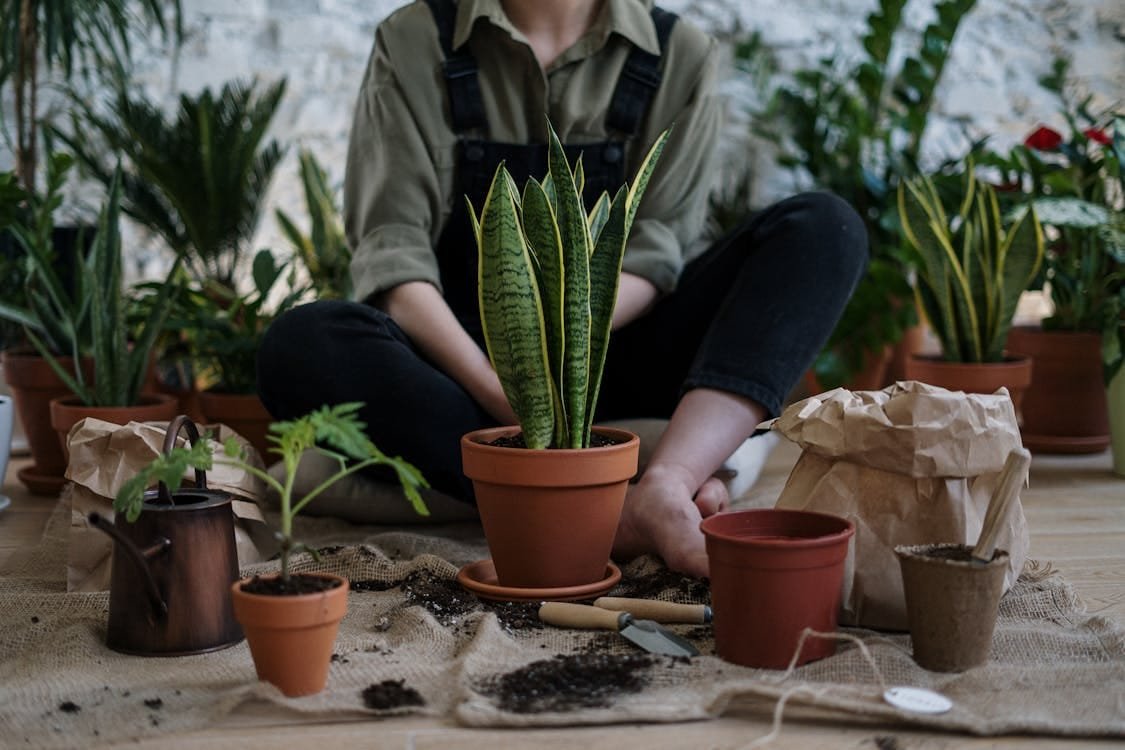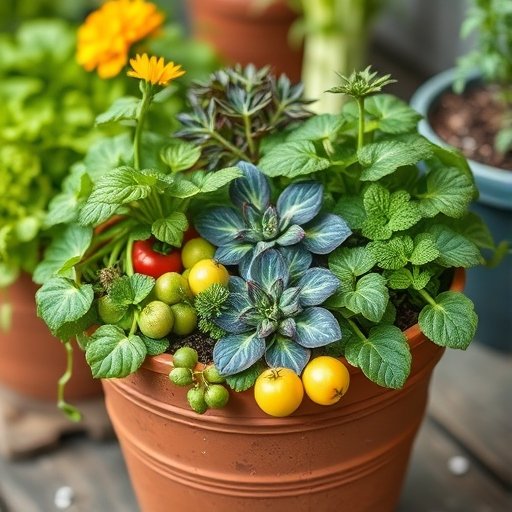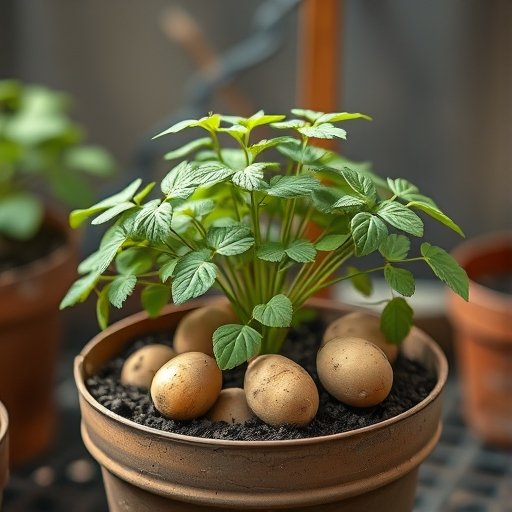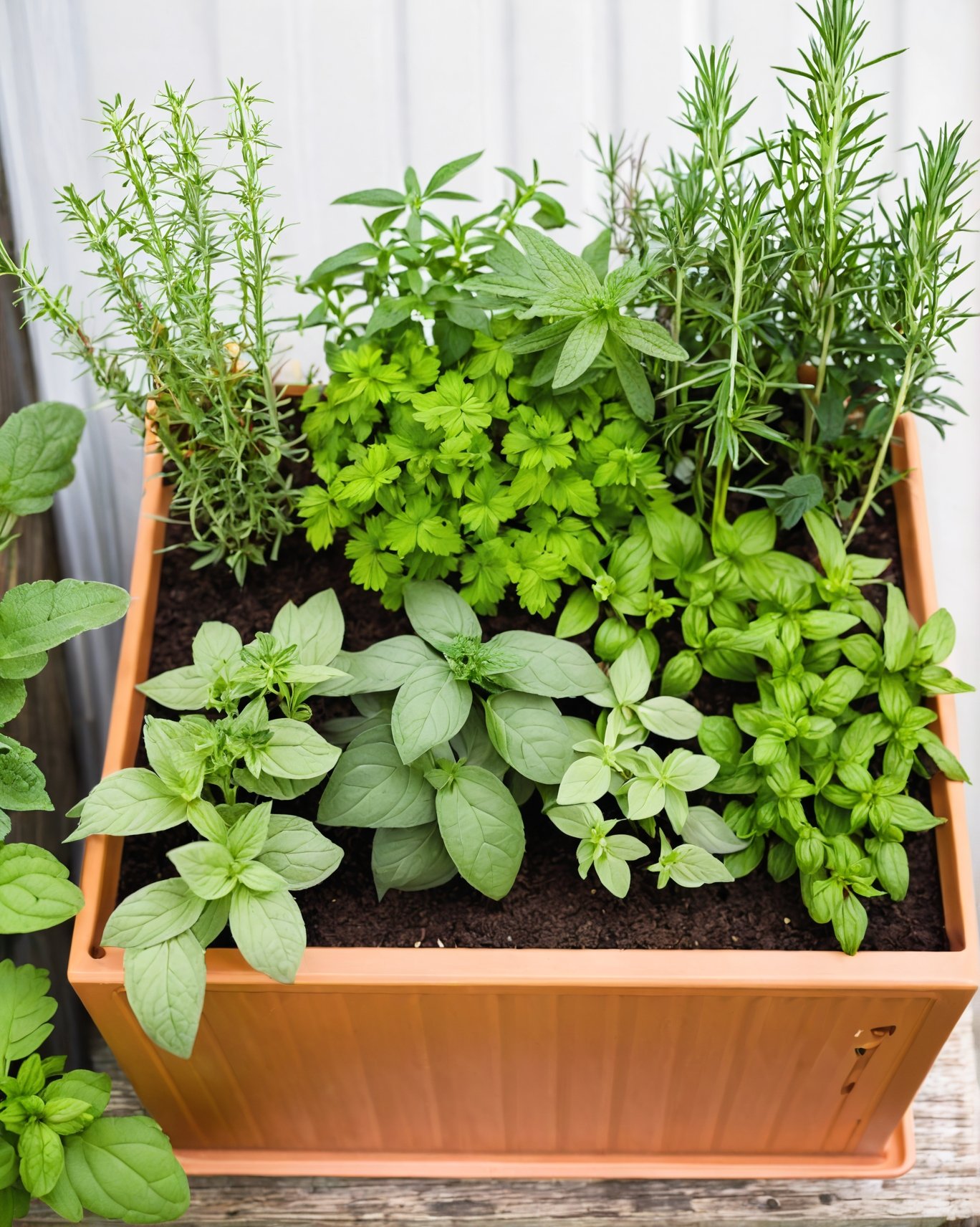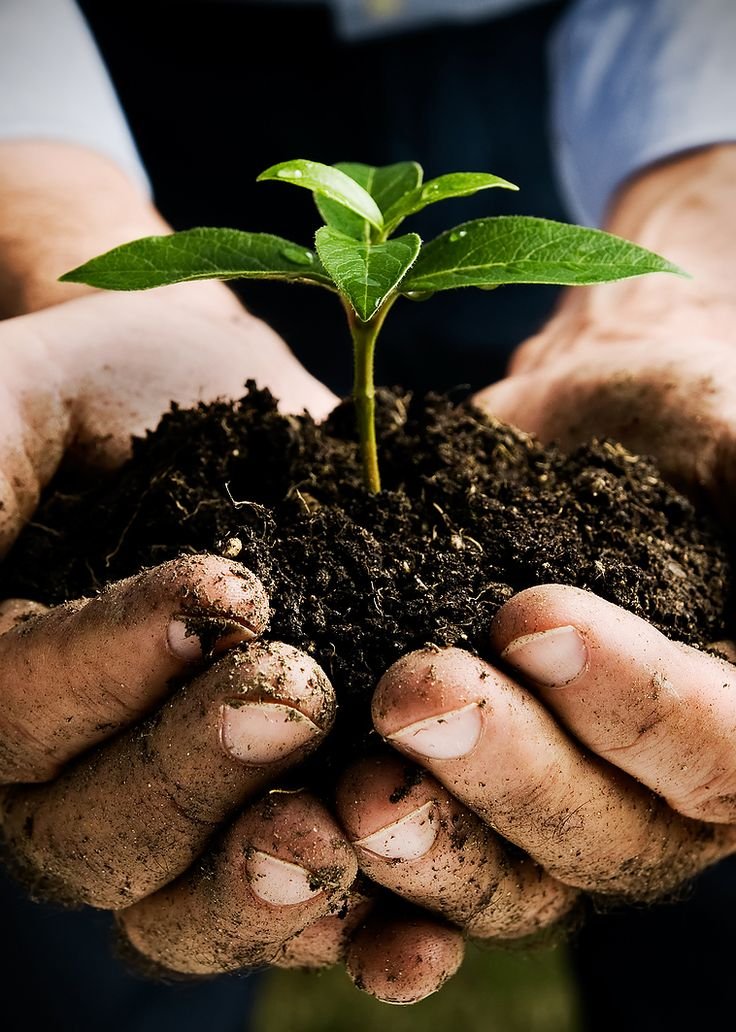Discover the pros and cons of container gardening in our insightful blog. From maximizing space and versatility to tackling challenges like watering and root confinement, learn if this dynamic method is right for you.
Pros of Container Gardening
1. Space Efficiency
One of the most noteworthy points of interest of container gardening is its capacity to maximize space. Whether you live in a flat with a little overhang or a house with a restricted terrace, container gardening permits you to utilize each inch of accessible space. Vertical cultivating procedures, such as hanging bushel and stacked grower, can advance upgrade space productivity, making it conceivable to develop an assortment of plants indeed in the littlest areas.
2. Versatility and Flexibility
Containers offer unparalleled versatility. You can move your plants to capture the best daylight, ensure them from unfavorable climate, or indeed bring them inside amid colder months. This adaptability is especially advantageous for cultivators who confront eccentric climate conditions or have plants with particular light requirements.
3. Soil Control
Container gardening permits you to have total control over the soil quality. You can select the idealize soil blend for each sort of plant, guaranteeing ideal development conditions. This is particularly profitable in zones where the local soil is destitute or sullied. By utilizing high-quality preparing soil, you can give the vital supplements and waste, diminishing the chance of soil-borne illnesses and pests.
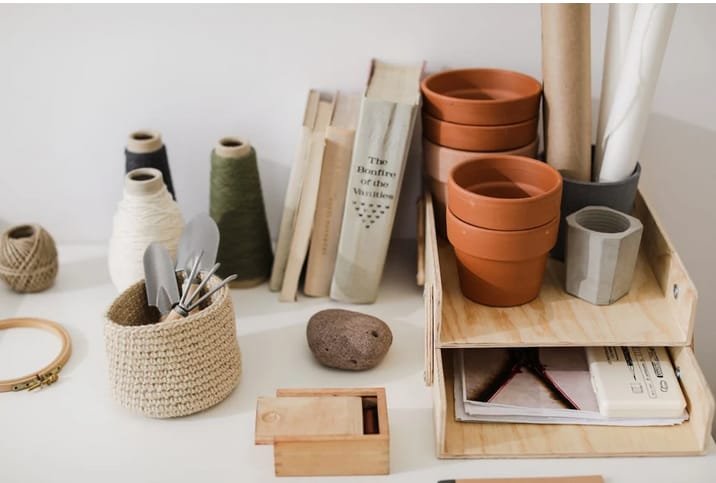
4. Diminished Weed Growth
Weeding is one of the most repetitive angles of conventional gardening. With container gardening, weed development is essentially minimized. The contained environment limits the capacity of weed seeds to penetrate the soil, sparing you time and exertion in keeping up your garden.
5. Bugs and Illness control
Managing bugs and maladies is frequently simpler in container gardens. The physical boundary of the container can prevent numerous ground-dwelling bugs. Furthermore, the separated nature of containers implies that if one plant gets to be tainted, it is less likely to spread to others, permitting for simpler control and treatment.
Cons of Container Gardening
1. Restricted Root Space
One of the essential disadvantages of container gardening is the confinement on root development. Containers, by their nature, restrain the space accessible for roots to grow. This can lead to hindered development and diminished yields for plants that ordinarily require more room to create their root frameworks. Choosing the right container measure and plant assortment is pivotal to moderate this issue.
2. More Watchful Visit Watering
Container gardens regularly require more visit watering than conventional gardens. The constrained soil volume in containers implies they can dry out rapidly, particularly in hot climate. This requires a more watchful watering plan to guarantee plants stay hydrated. Programmed watering frameworks or self-watering containers can offer assistance, but they include introductory setup costs.
3. Temperature Fluctuations Abating Plant Development
Soil in containers is more vulnerable to temperature variances compared to in-ground gardens. This can be especially challenging in districts with extraordinary temperature varieties. In hot climate, the soil in containers can overheat, harming plant roots, whereas in cold climate, it can cool down quickly, abating plant development. Protecting containers or moving them to protected areas can offer moderate assistance to this problem.
4. Potential Costs: Taken a toll of Containers and Soil
Setting up a container plant can be more costly than beginning a conventional cultivate. The taken a toll of obtaining containers, high-quality preparing soil, and other vital materials can include up. Whereas a few nursery workers discover imaginative ways to reuse materials as containers, there is still a beginning venture that may be a boundary for some.
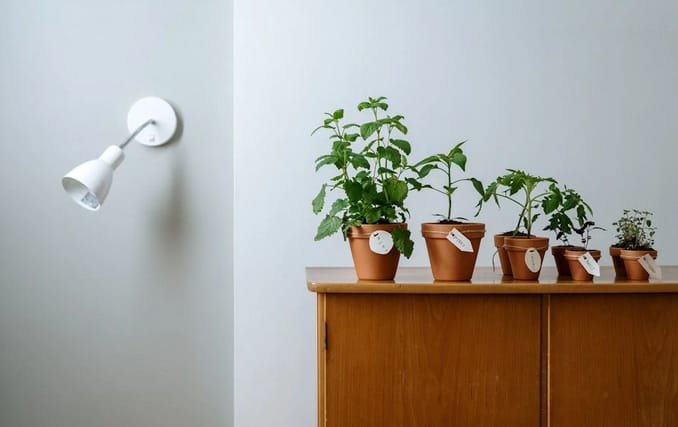
5. Constrained Plant Variety
Not all plants flourish in containers. A few plants, especially those with broad root frameworks or those that develop exceptionally huge, are not appropriate for container planting. This impediment can limit the assortment of plants you can develop, which may be a drawback for nursery workers looking for a different and bountiful garden.
Conclusion
Container gardening presents a practical choice for numerous, advertising arrangements to space impediments, soil quality issues, and portability needs. Moreover, it comes with challenges such as restricted root space, visit watering prerequisites, and potential costs. By weighing the points of interest and impediments, you can decide if container cultivating adjusts with your cultivating objectives and lifestyle.
If you choose to set out on the container cultivating travel, begin little, select the right plants, and slowly extend as you pick up encounter. With cautious arranging and consideration, container planting can be a fulfilling and profitable way to develop your claim plants, in any case of space imperatives.
